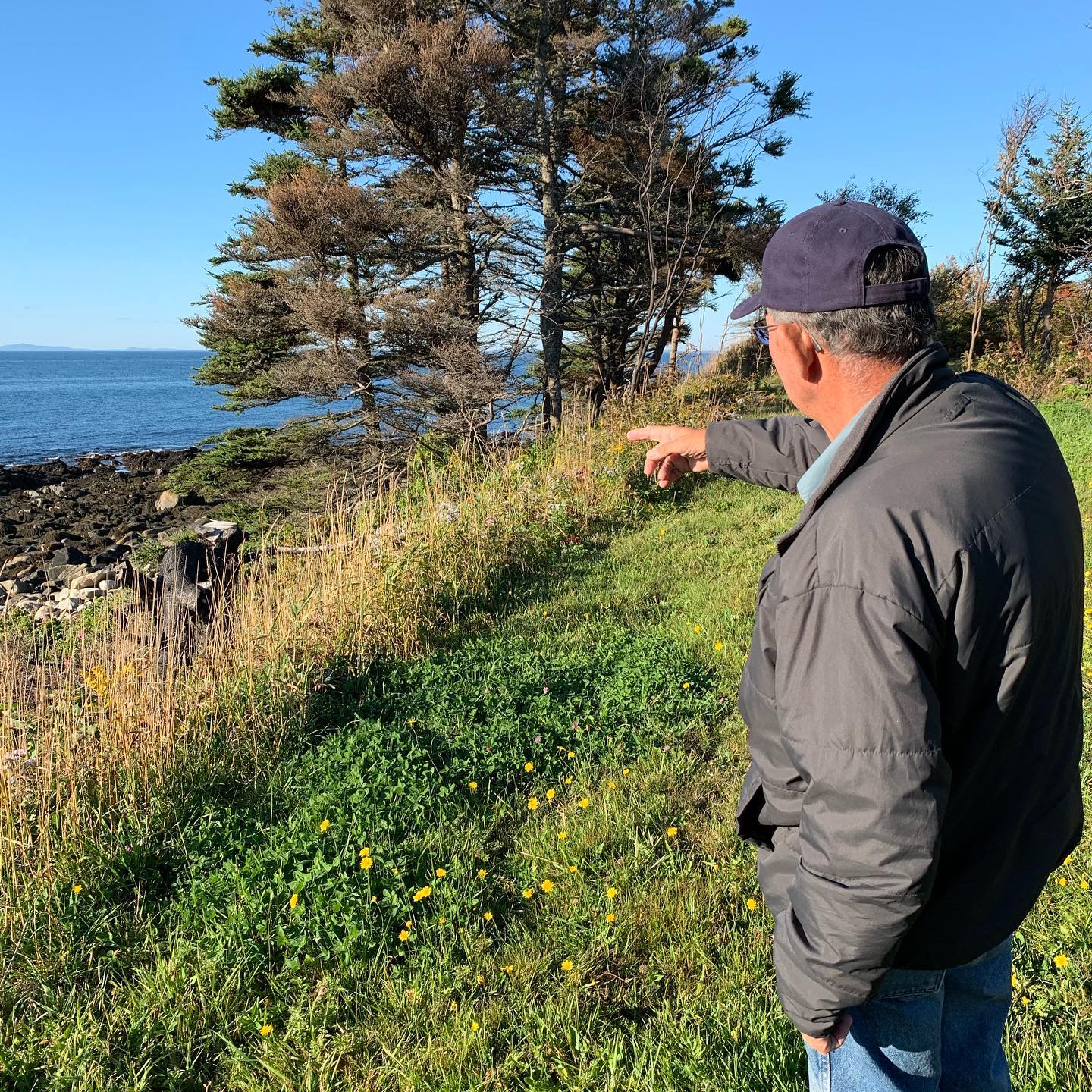By: Alyson Peabody, Editor-In-Chief
It started with minor verbal slip-ups. Forgotten names. Rambling sentences. Gradually, the little things became long voicemail messages and persistent confusion.
I haven’t heard my grandfather say my name in a few years. He knows me as ‘that girl in that city.’
My grandfather has Primary Progressive Aphasia (PPA), a type of frontotemporal dementia. Degeneration of the frontal or temporal lobes in the brain include brain tissue that is crucial for speech and language.
The first symptoms of PPA are subtle difficulties with communication. The type or pattern of the language deficit differs from patient to patient.
Initial language disturbance may be fluent aphasia (speaking with increased word production) or non-fluent aphasia (speech that takes effort to produce, resulting in fewer words). A less common variety begins with impaired word-finding and progressive deterioration of naming and comprehension.
Other issues like memory loss come later. Eventually, almost all patients with PPA become mute and unable to understand speech (spoken or written) even if their behavior seems normal.
When I visit my grandfather, I prepare myself for the possibilities.
On a good day, he may be happy with few difficulties. He’ll tell stories about when he was stationed in the Philippines during his service in the army or about his time in the Coast Guard reserves. As he moves around his living room, he will pull out trinkets brought back from far-away places. Memories unfold as he holds onto something familiar.
Soon, he sets the object down and forgets where he put it. The conversation returns to half sentences and confusion.
On a bad day, he hunches over, defeated, as he struggles to put words together. There is determination in his eyes to make sense.
Every sentence is flooded with words trying to tether themselves to the point he is trying to make. He knows he wants his license back since it was suspended. He knows doctors can’t understand him. However, he is unable to articulate what he wants clearly.
My mom checks on him regularly to make sure he has what he needs. He still lives independently despite losing his license. When my mom flies off Matinicus Island to visit, she makes sure he has healthy food in the fridge.
Familiar surroundings help jumpstart his memory. He grew up on Matinicus where he raised my mother. My parents have lived there since 2016. They flew him out to the island for a visit in October.
On a sunny day, they decided to take my grandfather out on my aunt Ellen’s boat. Ellen asked him if he could pilot the boat for a while. Without hesitation, he came alive behind the wheel.
Stories about his lobstering days started to flow. He reminisced about the way the island was when he was a child. Even if the words didn’t come out right, he persisted.
Every day he fights to keep his autonomy. In moments like these, I wonder if his persistence might be his way of accepting what he can not change while simultaneously not surrendering his power.
He is no less than who he used to be. His inability to remember my name does not change how much I love him.
I love him, good days and bad, even if he can not say it back. Love does not need words to exist.


Beautifully & compassionately written. His grandchildren have been the greatest highlight of his vast experiences. He loves you beyond words.
I read this just as I was pondering if and what I should write to describe life with PPA. Your story is so profound! Truly. My husband also has PPA FTD. He was diagnosed about 3 years ago with symptoms at least a year before that. Similar to your grandfather, he forgets names but not faces. I find myself wondering how it feels for him; knowing that his brain is failing him.
I appreciate how your story encompasses the reality, not focusing on only the “unpleasantness”. Your love for him is without doubt. ♡